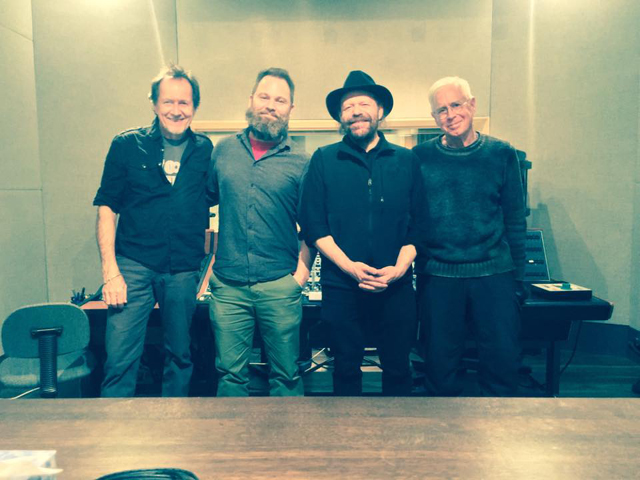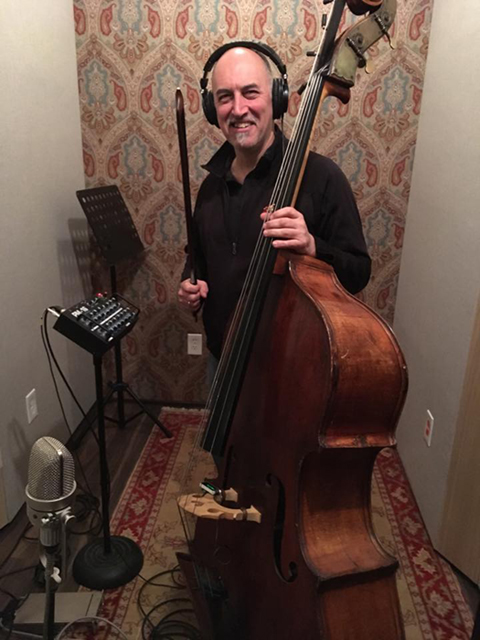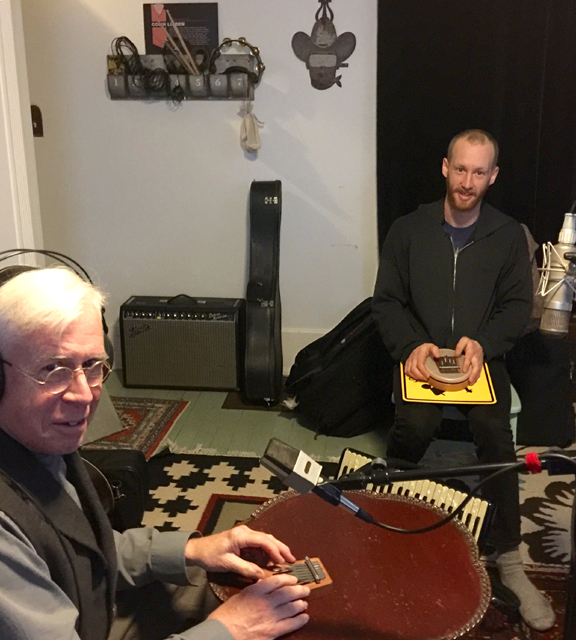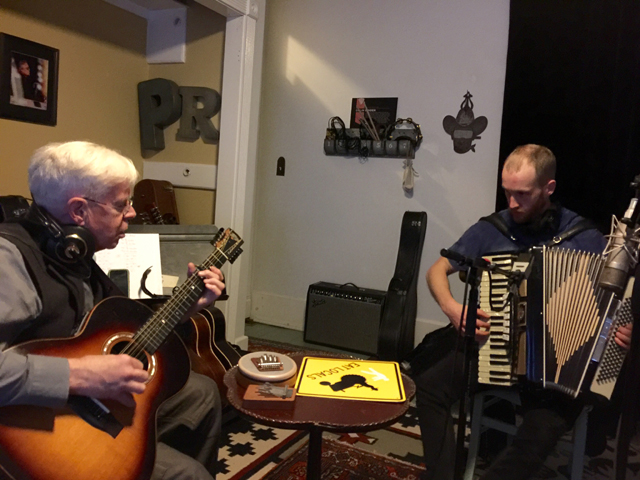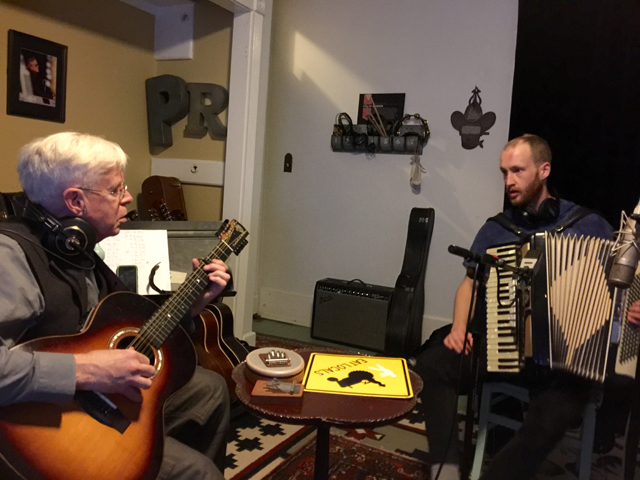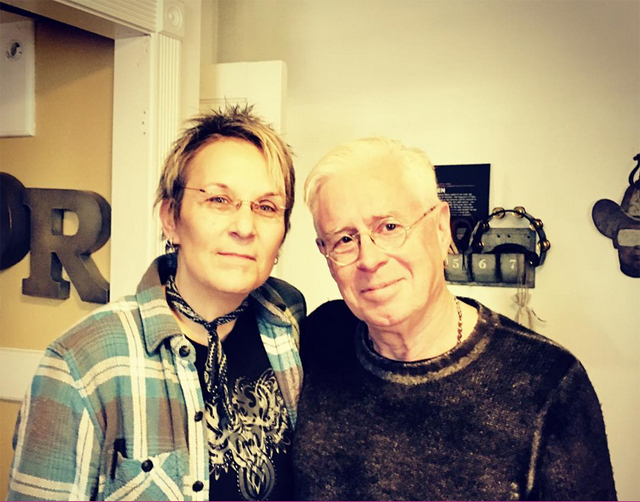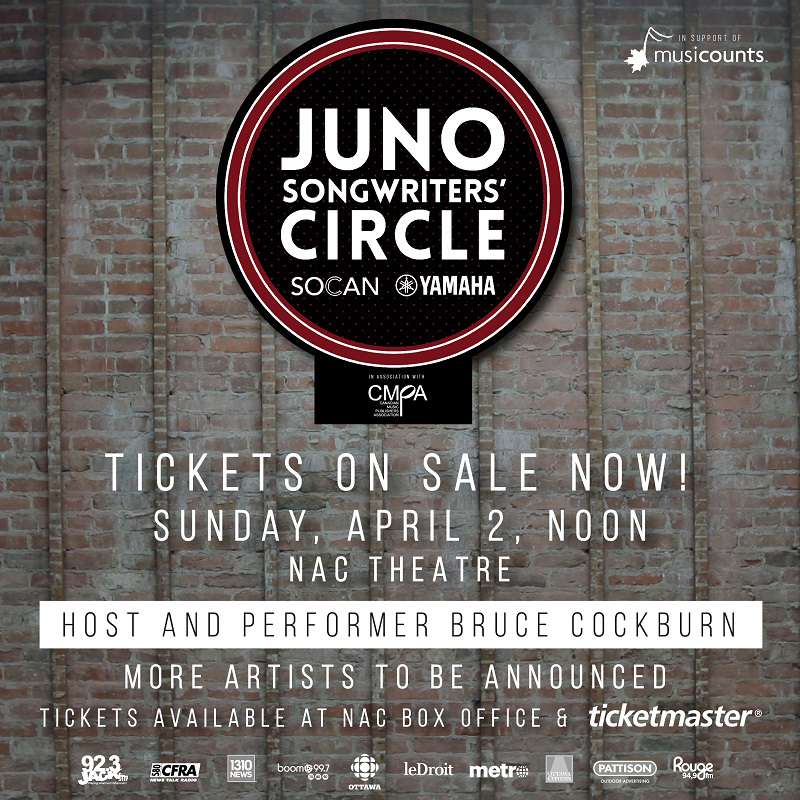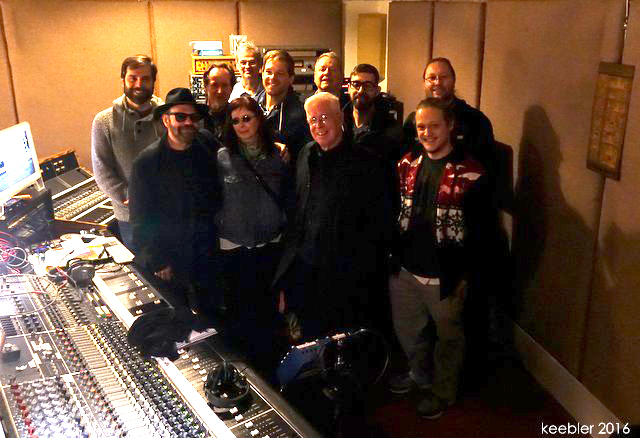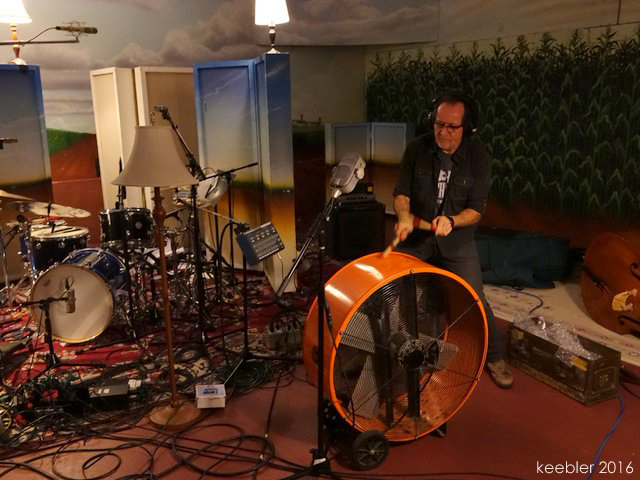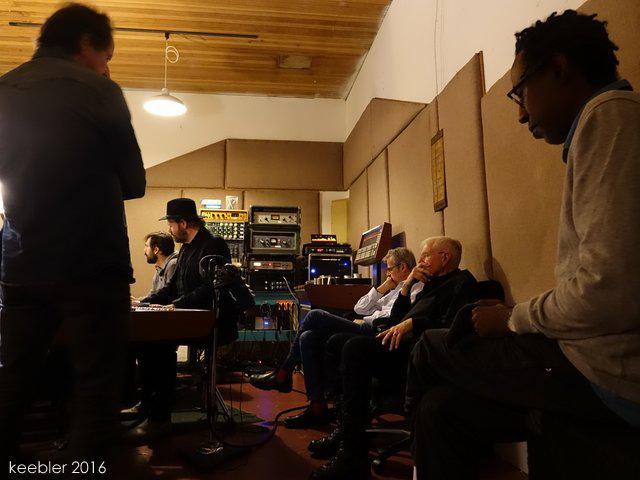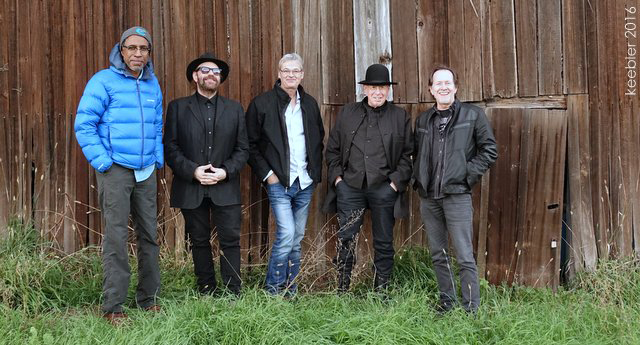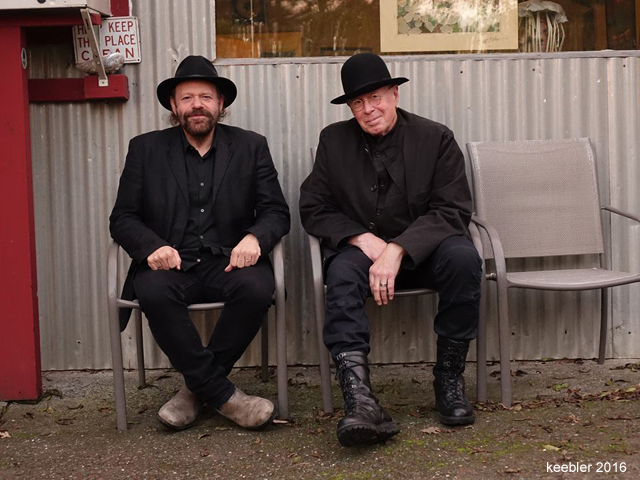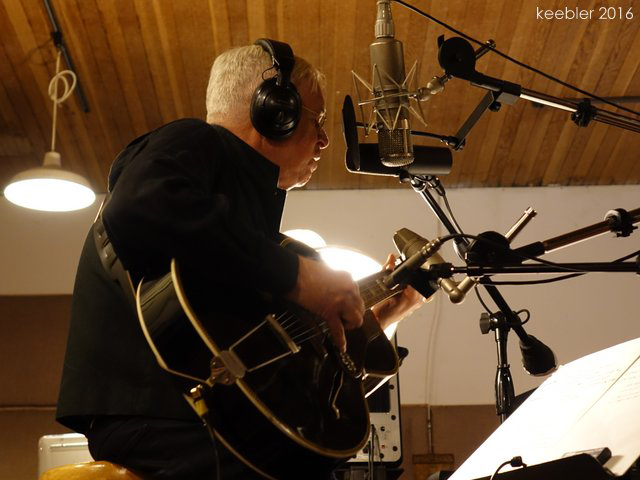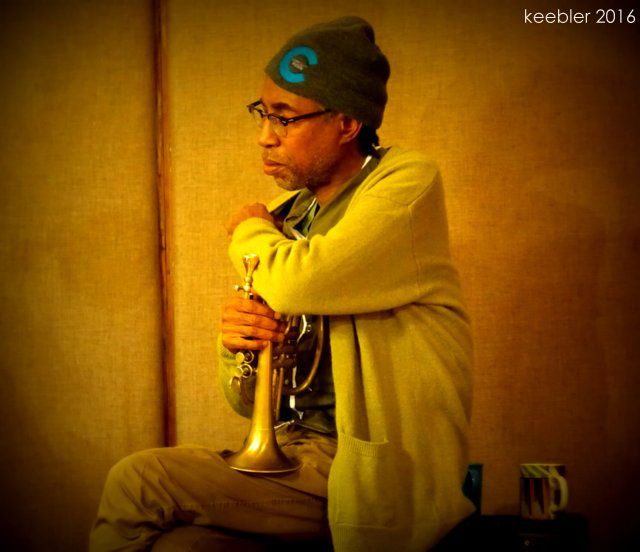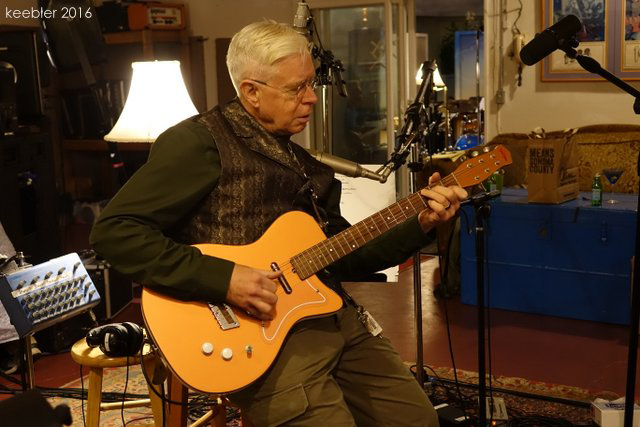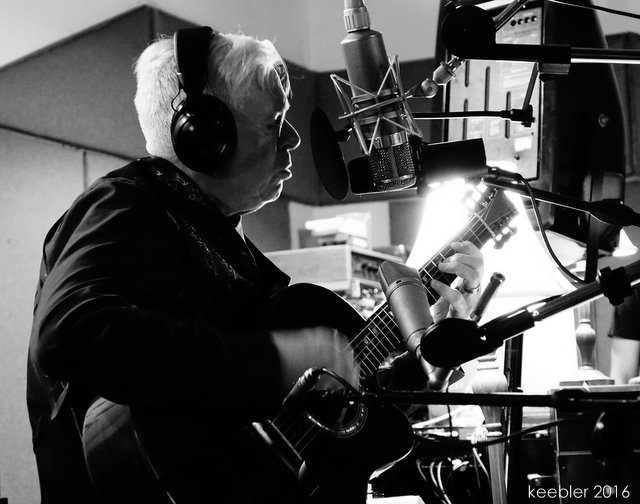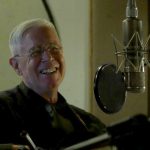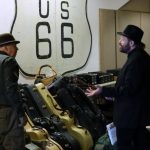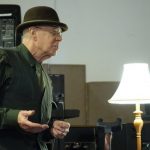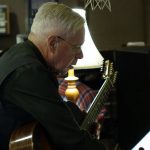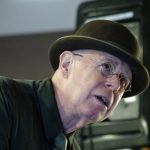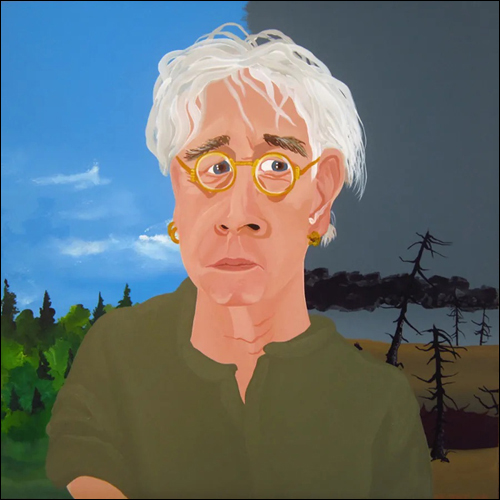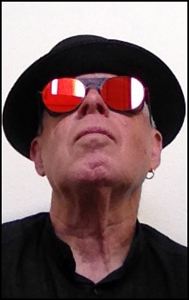Bruce will be doing a couple of numbers at the Canadian Folk Music Awards in Toronto on December 3. ~ Bernie Finkelstein
Oct 27, 2016 – The Canadian Folk Music Awards, now in its 12th year, are coming to Toronto, Ontario from December 2-3, 2016. The 72 talented artist nominees for the 2016 CFMA were recently announced at Toronto City Hall and hail from Canadian provinces and territories from coast-to-coast-to-coast. This year’s gala event is taking place at the Isabel Bader Theatre, 93 Charles St West in downtown Toronto on Saturday, December 3, 2016.
The gala is hosted, in both official languages, by award-winning musicians Jean Hewson and Benoit Bourque (La Bottine Souriante) and is open to the public. Tickets for the gala are $45 (plus a $2 processing fee) and are available here.
http://uofttix.ca/view.php?id=1287
Doors open at 7 p.m. for the event.
The Canadian Folk Music Awards are pleased to announce the 2016 gala line-up, which includes prolific Canadian songwriter Bruce Cockburn. His achievements and decorations include being an Officer of the Order of Canada, an inductee of the Canadian Music Hall of Fame, 13 Juno Awards, 24 Gold and Platinum records, the Governor General’s Performing Arts Award for Lifetime Achievement, numerous honorary doctorates, and the Queen Elizabeth II Diamond Jubilee Medal.
Award-winning guitarist, producer and singer Colin Linden also graces the CFMA performer line-up. The founding member of Blackie and the Rodeo Kings has had an exceptional career, releasing numerous albums with the band, as well as several solo albums. He has also produced and shepherded many upcoming musical talents. Since 2012, the iconic man in the black hat has been the Music Director on the hit TV show Nashville.
Juno Award-winning trio and CCMA nominated sisters from Newfoundland, The Ennis Sisters, bring their beautiful vocal harmonies to the line-up. Past CFMA winners and 2016 nominees The Sultans of String join the gala line-up, adding a view of worldly folk; their music merges Celtic and Cuban, flamenco and Gypsy-jazz, Arabic and South Asian in one delirious musical swell. Winnipeg folk trio Red Moon Road return from a rigorous European tour to join the gala line-up, adding some forward-thinking folk live performance to the proceedings. Quebec folk multi-instrumentalist Klô Pelgag adds some quirky excitement to the gala line-up (and possibly large scale fruit costumes.)
Along with the gala awards event, the weekend features two open-to-the-public musical showcase concerts. On Friday, December 2, 2016 from 8 p.m. – 11 p.m. at Hugh’s Room (2261 Dundas Street West, Toronto) the evening features CFMA 2016 nominees Jocelyn Pettit, The Small Glories, Hillsburn, Beppe Gambetta & Tony McManus, Old Man Luedecke and Élage Diouf. A brunch showcase concert happens Saturday, December 3, 2016 from 11 a.m. to 2 p.m. at Hugh’s Room (2261 Dundas Street West, Toronto) and features 2016 CFMA nominees Rosie & the Riveters, The Andrew Collins Trio, Keltie Monaghan, William Prince, Ten Strings and a Goat Skin. Both showcases at Hugh’s Room are $29 in advance via hughsroom.com and $32.50 at the door.
The CFMA will hand out twenty awards throughout the gala evening. Nominations for the CFMA were announced this September at Toronto City Hall during the second annual #NationalStrum, celebrating folk music across Canada. Born from a pool of volunteers deeply invested in the wealth and breadth of folk talent in Canada, the CFMA celebrate all genres of folk music from across Canada. Well known for having a vibrant culture of folk festivals, folk traditions and folk values, the country comes together for a weekend of celebration.
Canadian artists and groups whose albums were released in Canada between June 15, 2015 to June 14, 2016 were eligible to submit their work. The CFMA currently boast 19 categories and one special achievement award. For the category awards, five nominees are chosen for each category. A two stage jury process by 95 jurors located across Canada, representing all official provinces, territories and languages determine the official winners in each category. Complete eligibility requirements are listed here: http://folkawards.ca/eligibility/
Credit: That Eric Alper
More: Canadian Folk Music Awards
